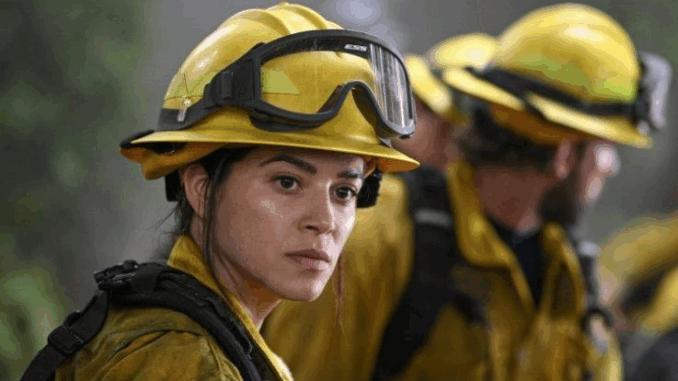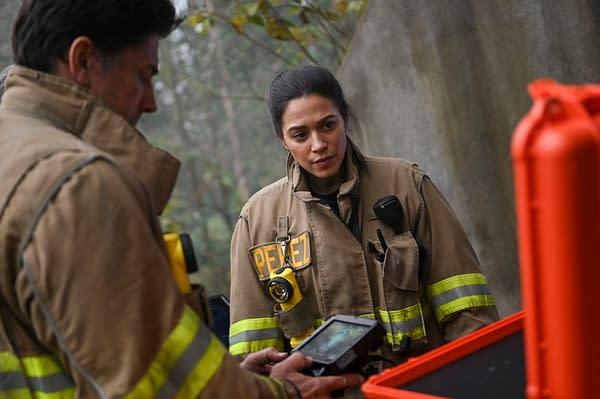
Challenging the Male-Dominated Firefighting World
For decades, the firefighting profession—and its portrayal in media—has been dominated by male characters, often reinforcing stereotypes about toughness and masculinity. Fire Country breaks this mold by centering strong, complex female characters who lead, fight, and heal alongside their male counterparts.
Women like Battalion Chief Sharon Leone and paramedic Gabriela Perez are not just supporting characters or love interests—they are leaders, decision-makers, and skilled professionals who command respect and authority. Their presence challenges outdated notions of who can wear the uniform and what it means to serve on the frontlines of disaster.
Sharon Leone: Leadership Rooted in Strength and Vulnerability
Sharon Leone’s character embodies a new paradigm of female leadership in firefighting. As the battalion chief, she balances strategic command with empathy and emotional intelligence. Her decisions shape the lives of her team, often under intense pressure and danger.
What makes Sharon’s portrayal compelling is the show’s willingness to explore her vulnerabilities. From her personal health struggles to navigating complex family relationships, Sharon is portrayed as a multidimensional character. Her strength is not about invulnerability—it’s about perseverance and authenticity in the face of adversity.
This realistic depiction breaks away from clichés, offering audiences a relatable and inspiring female figure in a traditionally male sphere.
Gabriela Perez: Compassion, Competence, and Moral Clarity

As a paramedic and former athlete, Gabriela Perez brings a unique energy to Fire Country. Her role extends beyond emergency care; she serves as a moral compass and emotional anchor for the team.
Gabriela’s character is defined by her resilience and empathy, qualities that the show treats as strengths rather than weaknesses. She navigates the emotional toll of rescue work while maintaining professional excellence, embodying the balance many women in high-stress careers strive to achieve.
The series also explores her personal life and challenges, ensuring she is portrayed as a fully realized individual, not a one-dimensional heroine.
The Importance of Representation and Visibility
Fire Country’s focus on women in firefighting serves a larger cultural purpose: it increases visibility and representation in a field where women have historically been marginalized.
By depicting female firefighters in diverse roles—leaders, paramedics, team members—the show challenges stereotypes and inspires future generations. It sends a powerful message: firefighting is not just a man’s world, and courage, skill, and leadership know no gender.
This representation helps normalize women’s presence in emergency services, fostering greater inclusivity and respect in real-world firefighting communities.
Balancing Professionalism and Personal Life
The series also sensitively addresses the challenges women face balancing demanding careers and personal lives. Whether it’s managing family expectations, confronting gender bias, or negotiating romantic relationships, Fire Country shows these struggles with nuance and respect.
Female characters juggle multiple roles, demonstrating the complexities of modern womanhood in high-risk professions. Their stories add emotional depth to the series and resonate with viewers who face similar challenges in their own lives.
Conclusion: Redefining Heroism Through Female Firefighters
Fire Country not only delivers thrilling action but also pioneers a more inclusive and realistic portrayal of firefighting by foregrounding strong female characters. Sharon Leone, Gabriela Perez, and others redefine heroism through their leadership, compassion, and resilience.
Their stories enrich the narrative, offering a powerful reminder that bravery and strength come in many forms. In shining a spotlight on women firefighters, Fire Country advances both entertainment and social progress—one fiery episode at a time.
